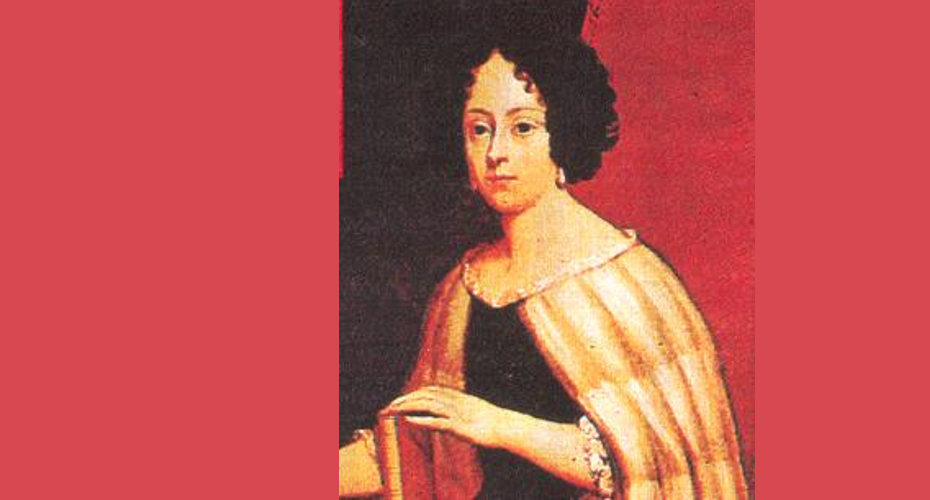Cultures of Philosophy: Women Writing Knowledge in Early Modern Europe
Professor Helena Taylor is PI on a 5-year project, ‘Cultures of Philosophy: Women Writing Knowledge in Early Modern Europe’ (‘CultPhil’ for short). This was originally awarded as a European Research Council Horizon Europe Starting Grant in the 2022 round (€1.5 million) and is now match-funded by a UKRI Frontier Research Guarantee.
The project focuses on the seventeenth century, on case studies from France, England, the Dutch Republic and Italy, and zooms in on the sub-discipline of natural philosophy. These case studies are explored across three strands, which probe distinct but interrelated ‘cultures of philosophy’. The first strand, Genres, focusses on forms of writing often not considered in scholarship to be philosophical: certain literary texts, prefatory material, periodicals, salon poetry, published conversations, marginalia, and commonplace books. The second, Exchanges, interrogates transnational dynamics of women’s learning by looking at previously neglected correspondence, the archives of the few academies that admitted women, and manuscripts of salon production and exchange. It also compares the disciplines in which women philosophers have been recovered and taught across the four case studies to interrogate processes of canon formation. The third strand, Identities, examines how ideas of the figure of the female philosopher, broadly conceived, influenced the production and reception of philosophical writing by women.
The project asks the following research questions:
- Which processes have determined which texts ‘count’ as philosophical, and as part of the canon, and how have such processes varied across cultural region?
- How did sociological conditions of learning inflect philosophical writing by women?
- How was a (female) philosopher defined and what effects have these definitions had on women’s philosophical writing and its reception?
- What does a comparative analysis of dynamics of women’s learning reveal about the Republic of Letters?
- How does a varied and more inclusive approach to philosophical writing change our understanding of seventeenth-century natural philosophy, its historiography, and notions of a ‘Scientific Revolution’?
Helena as PI will be joined by Exeter’s Dr Felicity Henderson (a specialist in the history of science), who will work on the project for 2 years as a part-time Senior Researcher, and 3 full-time post-docs (3 years each, to be appointed).




